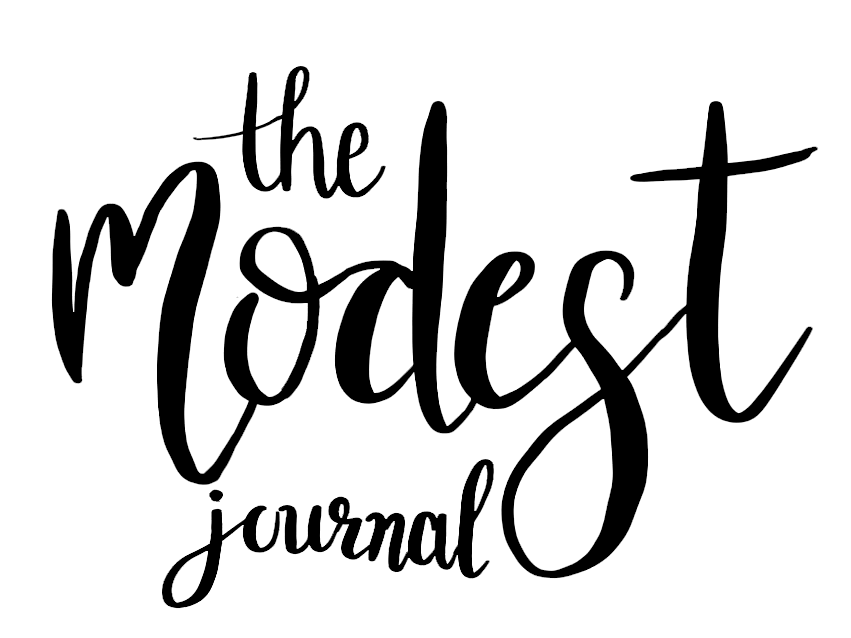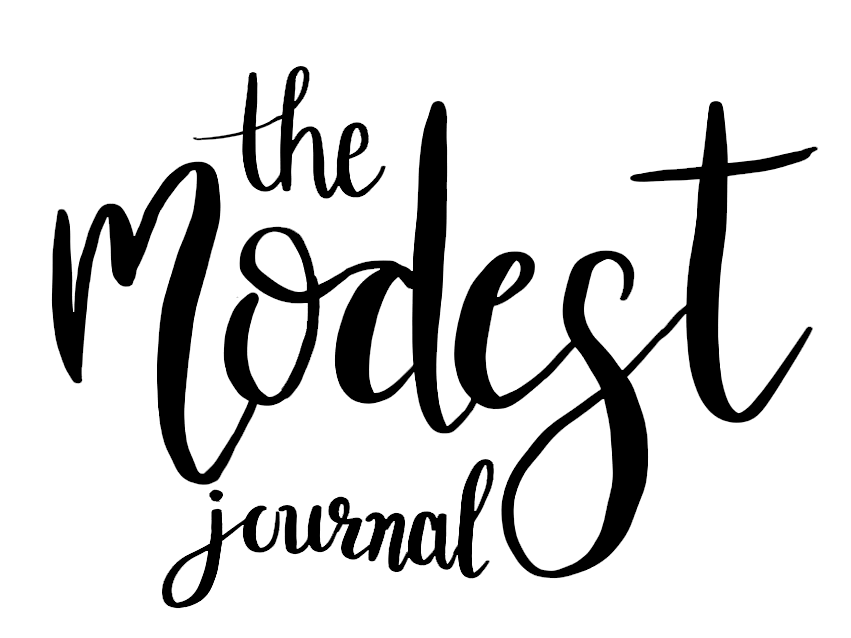Entry No. 46: Which Tab Is The Music Coming From?
“If your mind isn’t clouded by unnecessary things, then this is the best season of your life.” — Wu-men

Oh hey, it's been a minute.
This has been one of those things that I keep meaning to get to and just haven’t. That tells you a lot about my mental state as this is something that I want to do, not have to do. This is not my full-time job, as much as one day I would like it to be, it is just important to me.
I know exactly why I haven't been doing it, because I'm overwhelmed and I tend to let go of the things that make me happy first.
So I have not been writing. I keep telling myself it's because:
I don’t know what to write about
and
I will get to it
but both are lies.
I believe that good things come in threes, and I have been given three signs that have let me know this is what I need to talk about today.
- My friend Sam sent me an excerpt from a book that read “Frustrated that you didn't complete everything on your to-do list? Even though no person alive could complete your to-do list?” with the caption “I read this and immediately thought of you”
- My friend Abby sent me a meme saying “My mind is like an internet browser, 17 tabs are open, 3 are frozen, and I have no idea where the music is coming from.” Which I related to
- And last but certainly not least a quote from Jari Roomer “ Use the weekend to build the life you want, instead of trying to escape the life you have.” that I have not been able to get out of my head since I heard it.
We are talking about overwhelm and how to manage and organize all the mental clutter that comes with life, to live the lives that we want.
I tend to thrive in chaos. I constantly have about three different projects going at a minimum. I am booked just about every weekend for some kinda social event. I have a hard time saying no.
All of this has led me to have a few tips and tricks that work for myself and maybe they will work for you too.
Without further ado here are my top three tips for organizing the mental stuff to avoid overwhelm and overflow into the physical stuff:
One: Explain your situation to a trusted person.
My person is my husband, and while I tend to bounce between logical and emotional reasoning depending on the minute he stays very firm in logic. This has led to us at times looking at each other saying “I just don't get how you could think about it like that.” I have found that showing my husband how I am feeling with touch or simulation is very helpful. Two examples of this:
1 . I demonstrated the weight of the mental load on me.
I took a cup and placed it under my sink and turned the faucet on.
I explained to him that the water pouring into the cup from the tap was the stream of thoughts and the water spilling out of the cup was an item that was completed and removed from the mental load. That no matter how much spilled out my cup stayed quite full.
This was symbolic of the tasks that never go away (taking care of a family, social obligations, pet care, work, business, house tasks, etc.) and the water spilling out represented the easy but still frequent tasks or thoughts (grocery store, don't forget to get stamps, did we file the taxes?, do I need to bring a fecal sample to their next vet appointment?, who invented the Post-It note?)
I then turned the water off. I explained that when I am sleeping although the flow stops, the cup remains full. This is why at times it takes me longer to fall asleep and sleep well because the cup never ever empties.
I then symbolized waking up by turning the water on and showed him how it never stops. I feel like by showing him this he really understood what I meant when I said my brain wouldn't turn off.
2 . I explained my overwhelm to my husband by taking his hands and jumbling them together.
I told him this is my brain all the time and this creates friction in my head. Sometimes it gets better (I stilled his hands) and then I can think but sometimes (I move them faster) it's so loud that I just want it to stop so I do nothing.
I feel like this helped him understand when I said “My head hurts” that it wasn't due to lack of water or food, it was just mental fatigue.
Telling my husband has been crucial in managing this stress because now not only does he know how to best help me but he can also recognize the signs. He has proven to me that he remembers these things by saying “Is your cup spilling over again?”
Allowing me to have someone to talk to about what I'm experiencing as a result of overwhelm has been crucial.
Two: Write it all down.
Write down everything and everything that is on your mind. Sit down distraction-free and write until you just can't think of anything else to write. There is no wrong answer here.
When you are done, cross off everything that you can NOT control.
What is left on your list are actionable items, things you can take off of the mental load to make the overwhelm feel less unmanageable. This doesn't automatically mean the items that are outside of your control just disappear, although how nice it would be to delete them from our minds, it just means we have had the realization that we can not change those things.
We can stress about the things we can not change, or we can acknowledge them for what they are and then walk away from the bags, as opposed to carrying them endlessly.
Awareness is the first step in the Three A’s and by highlighting what on the list you are carrying around but can not change then you have become aware of the items on your mind that are sitting courtside but didn't buy a ticket.
You can go ahead and kick them out when you are ready.
Three: Start small
I know that sounds super vague and just all around not helpful but trust me there is a point.
There are many representations of this in many different forms of our lives The Debt Snowball by Dave Ramsey, Habit Stacking by James Clear, “The Best Way to Eat an Elephant (One Bite at a Time) by Desmond Tutu, If You Give A Mouse A Cookie by Laura Numeroff, and many many more.
The reason is because it works, it just does.
Look I don't make the rules okay?
We are a society of instant gratification, so feed into that!
If crossing something off your to-do list gets you motivated to cross something else, add “get out of bed” “get dressed” “don't call out today” or all three and cross that ish off.
If you respond to visual stimuli get a sticker chart from Amazon and put a reward for yourself on there. Get a sticker when you accomplish a task, see yourself move closer toward your goal, and get a tangible reward that will inspire you to keep going.
You got this, we believe in you!
Love you more,
Morgan
Check this out Corner:
Reward charts.
Not just for children and surprisingly inspirational. My current reward: is a bottle of wine and reading one of my favorite books to my husband. That is
totally
worth folding some clothes for.

Morgan Conner
is the passionate creator and driving force behind The Modest Journal. At 28 years old, she wears many hats as the owner, founder, CEO, and self-described "resident words girl."
For Morgan, words are more than just communication—they are her love language, her means of storytelling, and a source of inspiration for others. Her blog is a testament to her desire to merge her passions into a single creative outlet, aiming to bring joy and provoke thought through her words.
Whether she's impacting, inspiring, or offering a fresh perspective, Morgan hopes her writing resonates deeply with her audience.







